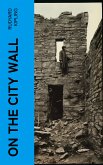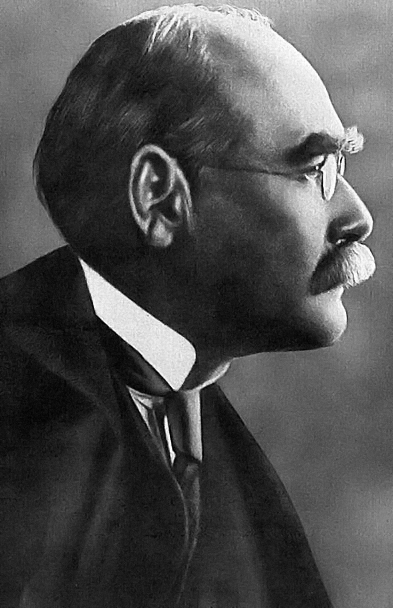In "On the City Wall," Rudyard Kipling delivers a poignant exploration of themes such as colonialism, nostalgia, and the estrangement of modernity through a rich tapestry of vivid imagery and concise prose. The narrative unfolds within the confines of an unnamed city, where the protagonist reflects on the contrasting nature of life behind the city walls and the world beyond. Kipling's literary style is marked by rhythmic language and an acute sense of place, evoking the bustling life interlayered with a reflective melancholy. This short piece encapsulates the late 19th-century British literary context, characterized by a fascination with imperialism and its psychological implications on both colonizers and the colonized. Rudyard Kipling, a master storyteller and poet, drew upon his experiences in British India and the far reaches of the Empire to give voice to the complexities of the human condition. Having received the Nobel Prize in Literature in 1907, Kipling's perspective on the British Empire was often ambivalent, mixing admiration with critique, allowing him to craft narratives that resonate with contemporary readers who grapple with similar questions of identity and belonging. His profound understanding of the cultural dynamics of his time informed the lyrical nuances within this work. I highly recommend "On the City Wall" to readers interested in the intersections of place, personal introspection, and the broader implications of empire. Kipling's articulation of existential themes will resonate with anyone seeking a deeper understanding of the entwined fates of individuals and societies. This work not only serves as a mirror for its time but also offers timeless reflections that are as relevant today as they were in his own era.
Dieser Download kann aus rechtlichen Gründen nur mit Rechnungsadresse in A, B, BG, CY, CZ, D, DK, EW, E, FIN, F, GR, H, IRL, I, LT, L, LR, M, NL, PL, P, R, S, SLO, SK ausgeliefert werden.










